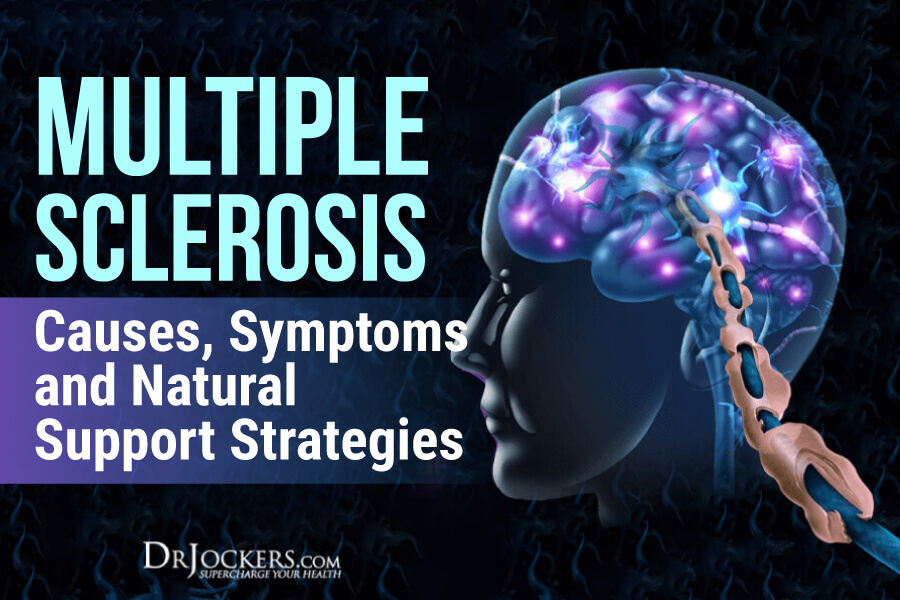
Multiple Sclerosis: Causes, Symptoms & Natural Support Strategies
Multiple sclerosis (MS) is a chronic inflammatory disease in which the myelin sheath on the nerve endings gets inflamed and damaged. This leads to scarring of the neurological tissue in the brain and spinal cord. While the medical model has very little support, many individuals have found ways to beat multiple sclerosis with natural lifestyle strategies. In this article, you will discover natural support strategies to improve your inflammatory response.
MS is a condition in which the body’s own immune system attacks the fatty myelin sheaths that insulate nerve tissue. This results in scar tissue plaques that disrupt neurological signals throughout the body. MS actually means multiple scars/plaques/lesions. One of the major areas that is affected is the white matter of the brain and spinal cord which is mostly myelin (1).
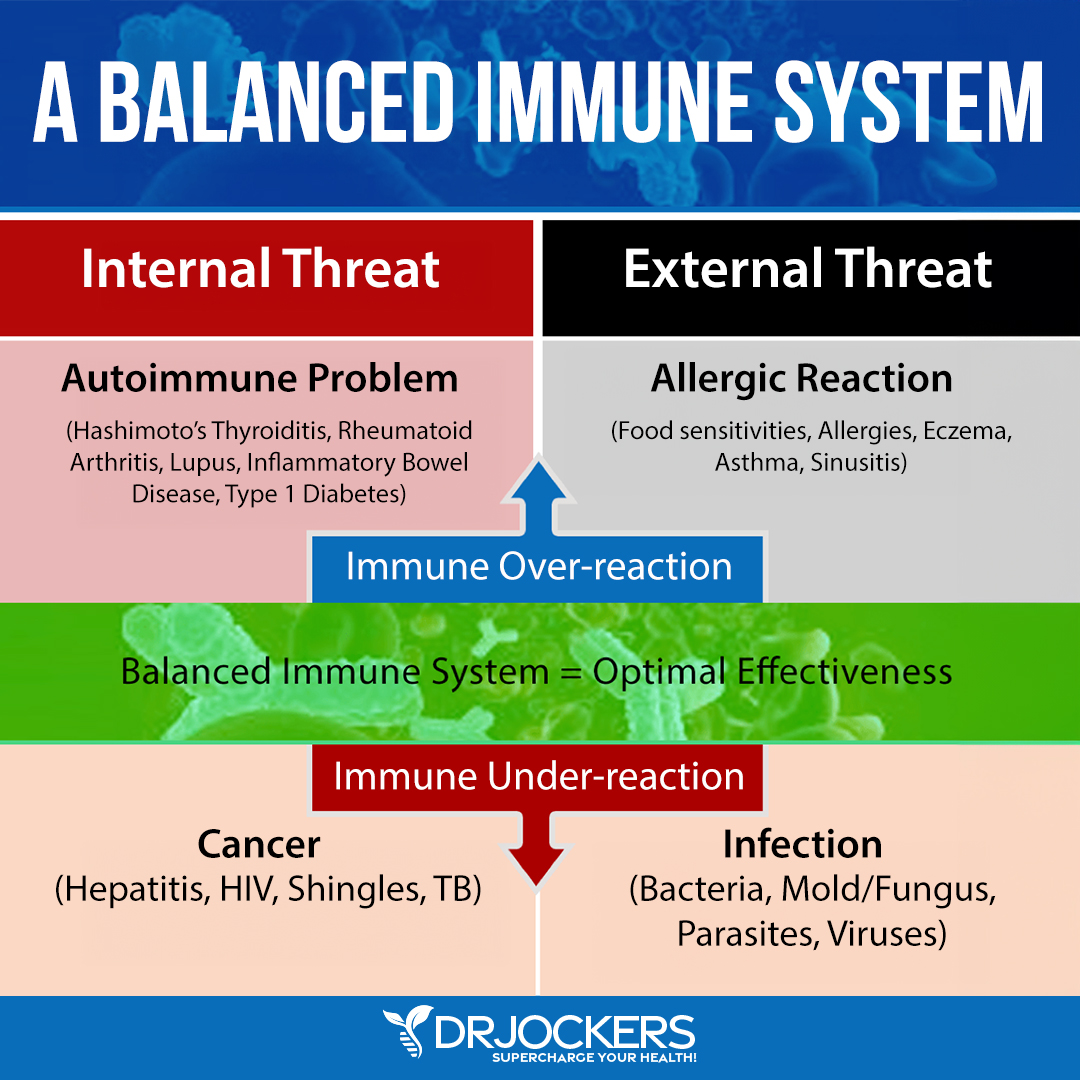
Multiple Sclerosis Pathogenesis:
Multiple sclerosis affects approximately 400,000 people in the United States alone, and 2.5 million worldwide, most of them being young adults. It expresses itself in four clinical forms: relapsing remitting MS (RRMS), secondary progressive MS (SPMS), primary progressive MS (PPMS), and progressive relapsing MD (PRMS).
Approximately 87% of patients present with RRMS, characterized by acute attacks (relapses) followed by partial or full recovery (remission). Patients can manifest with a heterogeneous group of symptoms including changes in vision (unilateral visual loss, diplopia), weakness, dyscoordination, sensory loss or distortions, or changes in bowel and bladder function (1, 2).
Less diagnostic but also disabling symptoms include cognitive change, fatigue, and mood disturbance. Progression of the disease may eventually lead to severe disability. Life expectancy is 5 – 10 years less than the normal population.
Chronic Neurological Inflammation:
The MS disease is characterized by chronic inflammation within the nervous system. It is believed to be an autoimmune disease where the T lymphocytes attack the protective sheath (the myelin sheath) around the white areas of the brain including the brain stem, optic nerve, basal ganglia, and spinal cord (3, 4).
The white matter functions to carry signals between the gray matter regions, where the major processing is done, and the rest of the body. When the myelin is lost the neuron can no longer effectively conduct electrical signals. The major cells that form the myelin are called oligodendrocytes (OD).

Remyelination and Glial Activation:
The body tries to remyelinate in the early phases of the disease but is unable to because the OD cells are under constant immune attack. As the OG cell numbers go up, the immune system in the brain which is controlled by the microglia cells becomes more active and this results in an aggravation of the MS process. This is called glial activation and upon repeated destruction of the OG cells and myelin sheath this process leads to scar-like plaques that develop around the damaged neurons (5).
Additionally, MS is characterized by a breakdown in the blood-brain barrier (which protects the brain from toxins, infectious microorganisms, and our own immune system), and T lymphocytes which are normally unable to cross the blood-brain barrier are able to enter into the neurological tissue. These T lymphocytes agitate more inflammatory mechanisms and promote swelling and further tissue destruction.
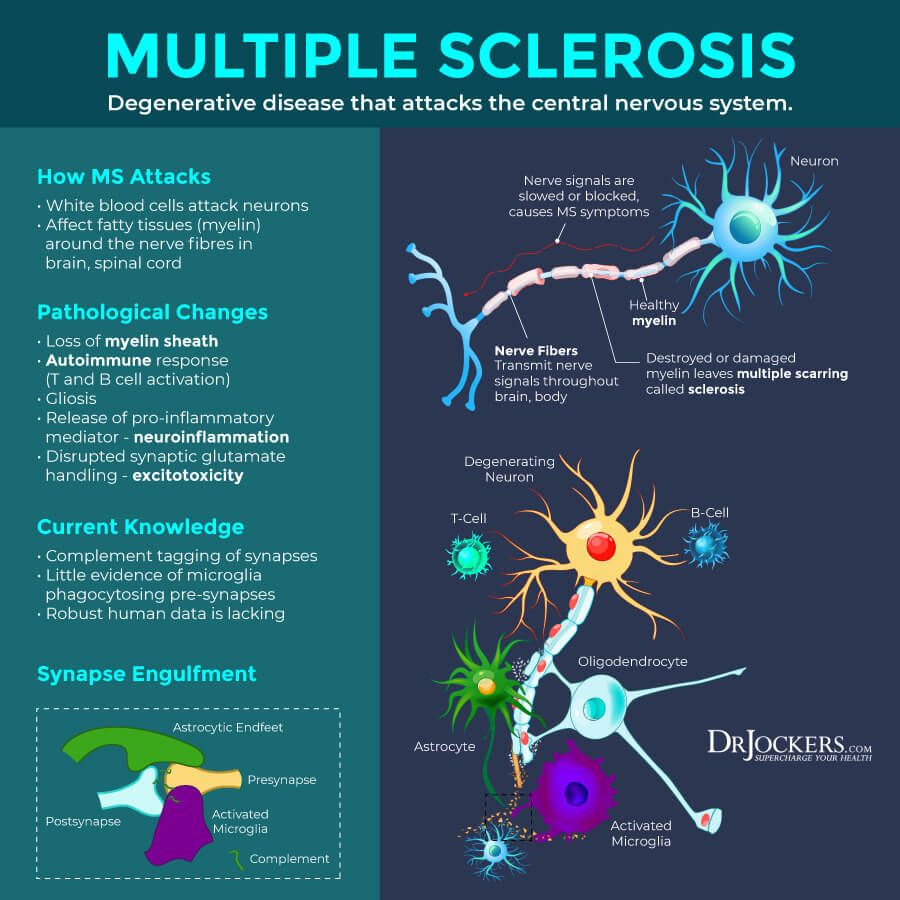
Immune Modulation:
Chronic inflammatory disorders are characterized by a hyper responsive immune system. There are several key factors that must be addressed to regulate and better coordinate the immune system.
1. Poor Blood Sugar Stability: Blood sugar imbalances cause immune dysfunction and malcoordination. Stable blood sugar is critical for a healthy immune response.
2. Low Vitamin D Levels: Individuals with low vitamin D3 levels (below 40 ng/ml) are at significant risk for developing chronic inflammation and autoimmunity (6).
3. Gut Dysbiosis: Poor microbial balance in the gut microbiome leads to leaky gut syndrome and chronic inflammation (7). The gut must be addressed in order to get well.
4. Mitochondrial Dysfunction: The mitochondria are the energy producing organelles in each cell of the body. They are extremely key in the body’s ability to handle oxidative stress. Dysfunction in the mitochondria leads to increased free radical and oxidative stress which creates immune alterations. Many researchers believe that multiple sclerosis is primarily a mitochondrial disease (8).
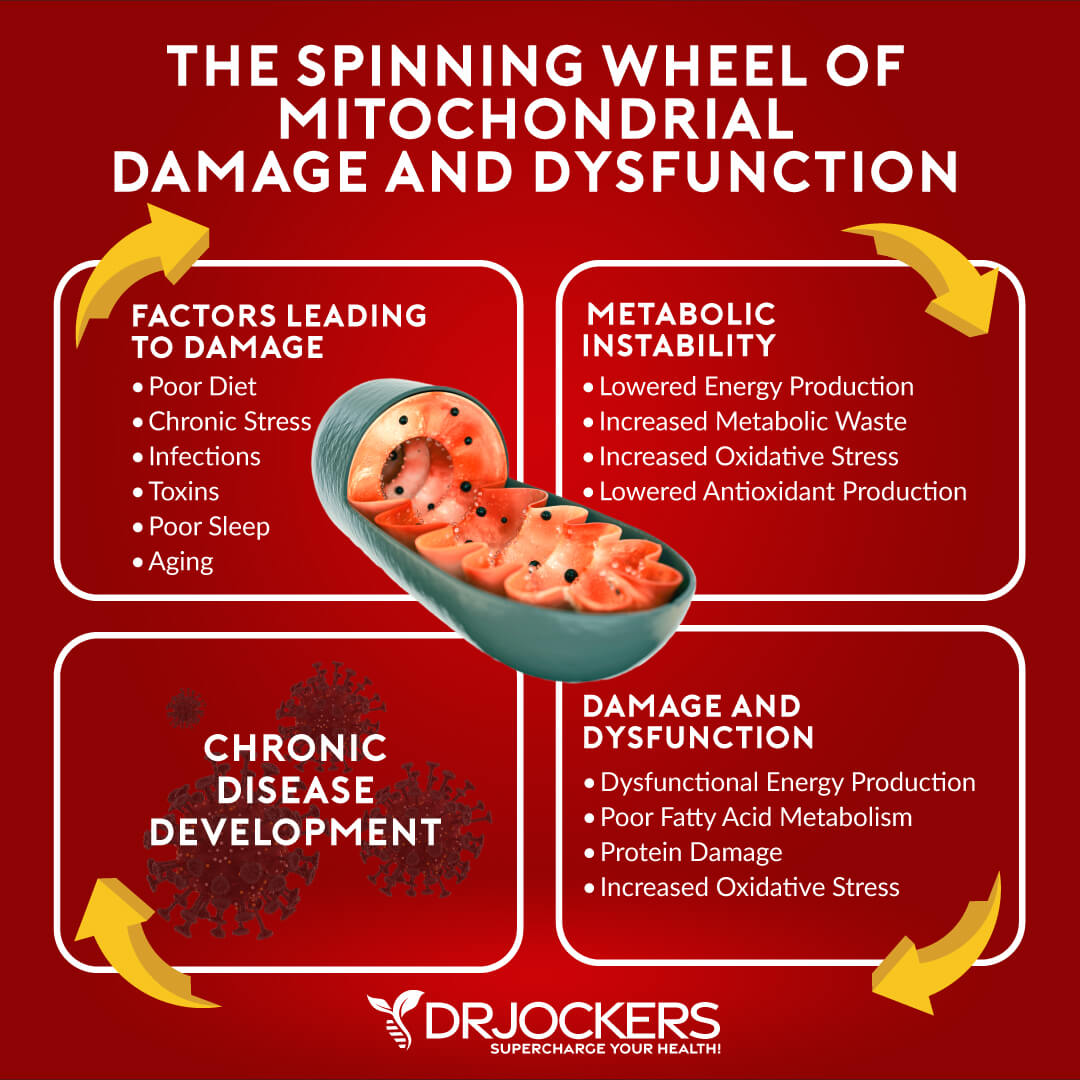
5. Low Glutathione Levels: Glutathione is the major antioxidant within every cell of the body. It is critical for white blood cell (WBC) function as the WBCs encounter tremendous amounts of free radicals and oxidative stress every second of the day. Low glutathione leads to chronic inflammation and often to autoimmunity (9).
6. Poor Omega 6:3 ratio: The average person has significantly more omega 6 fats than omega 3 fats. The increased omega 6 stimulates the release of pro-inflammatory mediating prostaglandin molecules. This is a key factor in the development of chronic inflammation and autoimmunity (10).
7. Upper Cervical Subluxation: The bottom of the skull (occiput) and the first bone (atlas) play a significant role in the coordination patterns of the brain and immune system. Dysfunction at this joint torques, compresses the top of the spinal cord and increases inflammatory activity in the body (11).
8. Environmental Toxins: Exposure to high levels of infectious microbes, environmental chemicals such as plasticizers, pesticides, herbicides, personal care products, heavy metals, and biotoxins such as mold, viruses, and bacteria wear down the body’s glutathione levels, alter the gut microflora and increase inflammatory activity in the body (12, 13, 14).
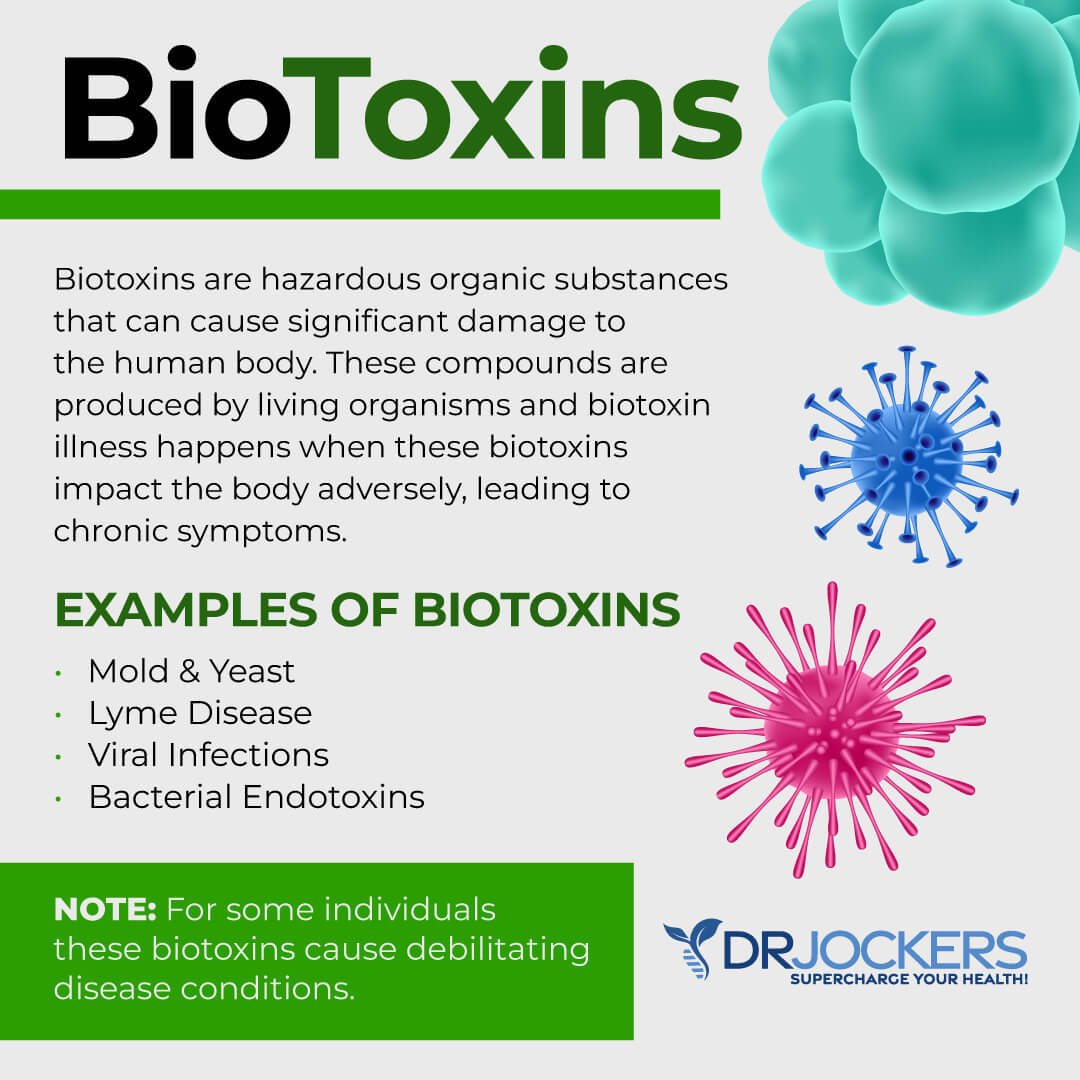
9. High Stress and Poor Breathing Habits: High mental and emotional stress increases stress hormone production which induces inflammatory activity within the body. Short and shallow breathing habits can simulate chronic mental and emotional stressors on the physiological level (15).
10. Lack of Sleep: Poor sleep promotes immune dysfunction and increased inflammation. Good sleeping habits and optimal melatonin secretion reduce inflammation and promote improved tissue healing (16).
11. Methylation: Methylation is a key process that protects DNA, turns on and off genetic traits, and helps to detoxify environmental chemicals. Many individuals have certain genetic polymorphisms that limit their ability to appropriately methylate. Methylation plays a very important role in T cell function and poor methylation status is associated with the development of autoimmunity (17).
12. EMF Exposure: Electromagnetic frequency exposure has been shown to alter the function of the immune system and increase one’s susceptibility to developing an autoimmune condition (18) I will touch on a few of these key areas and how they relate to MS in this article.
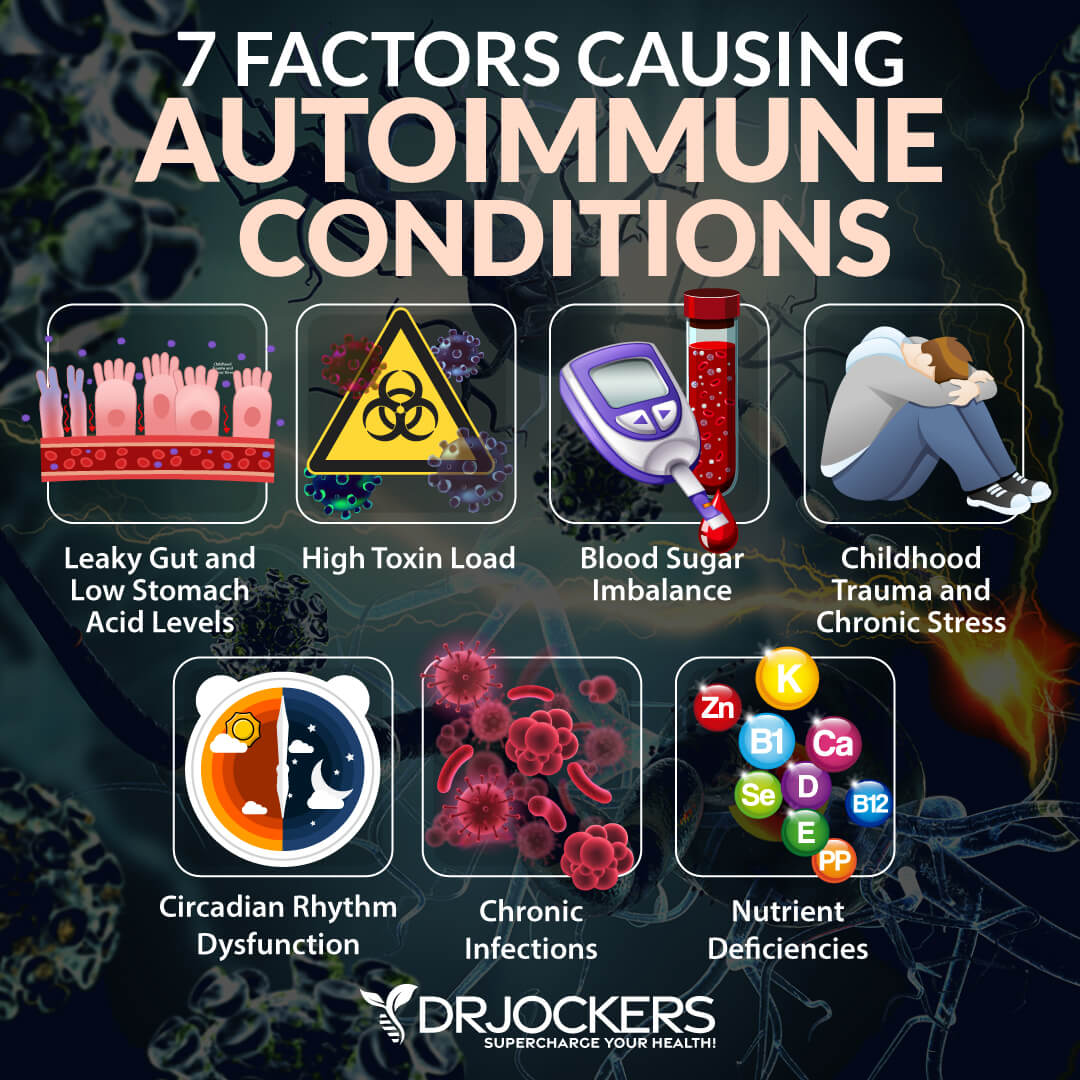
Blood Sugar and Multiple Sclerosis:
Blood sugar balance is critical for sustained energy production and immune control throughout the body. When our blood sugar gets too high (hyperglycemia) the sugar molecules bind to proteins in the body and create Advanced Glycolytic Enzymes (AGEs).
The AGEs destroy cell membrane function and damage insulin receptor activity creating a vicious cycle of elevated blood sugar and inflammatory stress. AGEs cause massive destruction throughout the body and have an affinity for neurological tissue.
When the blood sugar drops too low (hypoglycemia), it causes the blood-brain barrier to become more permeable in order to get more sugar into the neurological tissue. Part of this characterization is a reduction in Interleukin-25 (19). This permeability opens the door for toxic debris and inflammatory molecules (such as TNF-alpha) to get into the brain tissue and cause major problems. This is a serious problem in the pathogenesis of multiple sclerosis (20) 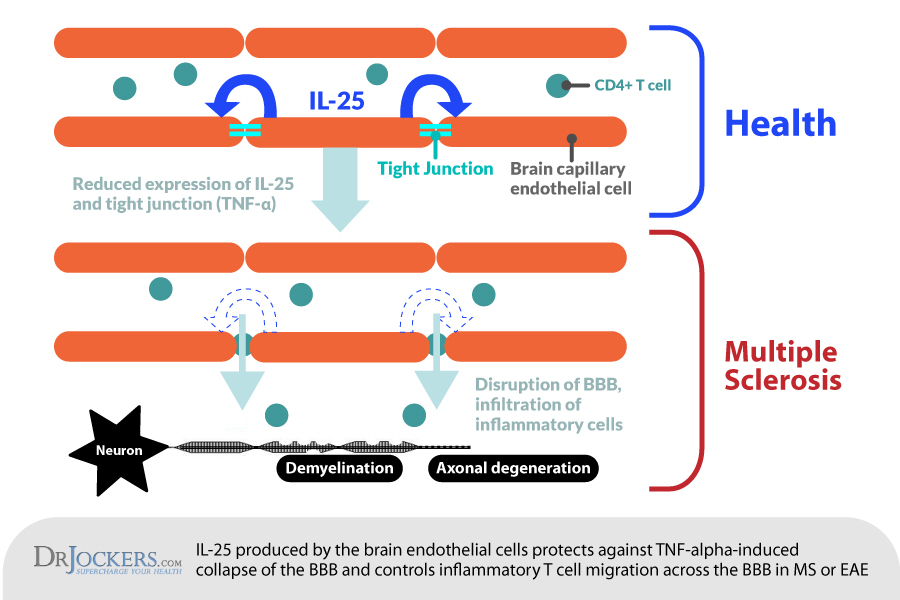
Vitamin D and Multiple Sclerosis:
One of the major epidemiological factors associated with MS is its striking difference in a number of cases based on geography and climate (21). Those living close to the equator have a significantly lower risk of MS. This is due to the beneficial effects of regular sun exposure and vitamin D intake in modulating healthy immune responses.
In the Northern Hemisphere, most people have increased vitamin D3 levels in the fall after a full summer of increased UV light exposure. January –April are usually when the lowest levels are reached.
Multiple studies have shown that more individuals who develop MS and other autoimmune-related conditions are born in May/June than in October/November (22, 23). This would indicate that low motherly D3 levels lead to developmental and maladaptive immunological responses in the child. D3 levels should be between 60-100 ng/ml for optimal immunological expression.

The Microbiome and Multiple Sclerosis:
There has been a tremendous amount of research linking the gut microbiome and neurological health. Research has indicated that low levels of healthy lactobacillus and Bifidobacterium are linked with increased brain and nervous system excitability and neurological inflammation (24, 25).
Studies are revealing how diverse forms of neuroimmune, and neuropsychiatric disorders are correlated with or modulated by variations of microbiome, microbiota-derived products, and exogenous antibiotics and probiotics. The microbiome helps to prime and balance the immune system and unfavorable alterations increase the susceptibility to autoimmune diseases such as multiple sclerosis (26, 27).

Leaky Gut Syndrome and AutoImmunity:
When the microbiome is dysregulated it often leads to a damaged gut lining and intestinal permeability. This is found in the pathogenesis of multiple sclerosis and other autoimmune diseases (28, 29). This “leaky gut” causes undigested food particles to pass into the bloodstream where they are tagged by the immune system and attacked with massive inflammatory processes that have the ability to affect nearly every system in the body.
This creates a food allergy or sensitivity that the body reacts to whenever it is exposed. The most common food based culprits include all processed foods, artificial sweeteners/preservatives, and gluten containing products.
Soy, peanuts, pasteurized dairy, corn, and eggs are often not tolerated well. The nightshade family of eggplant, potatoes, and tomatoes are often challenging on the system as well.
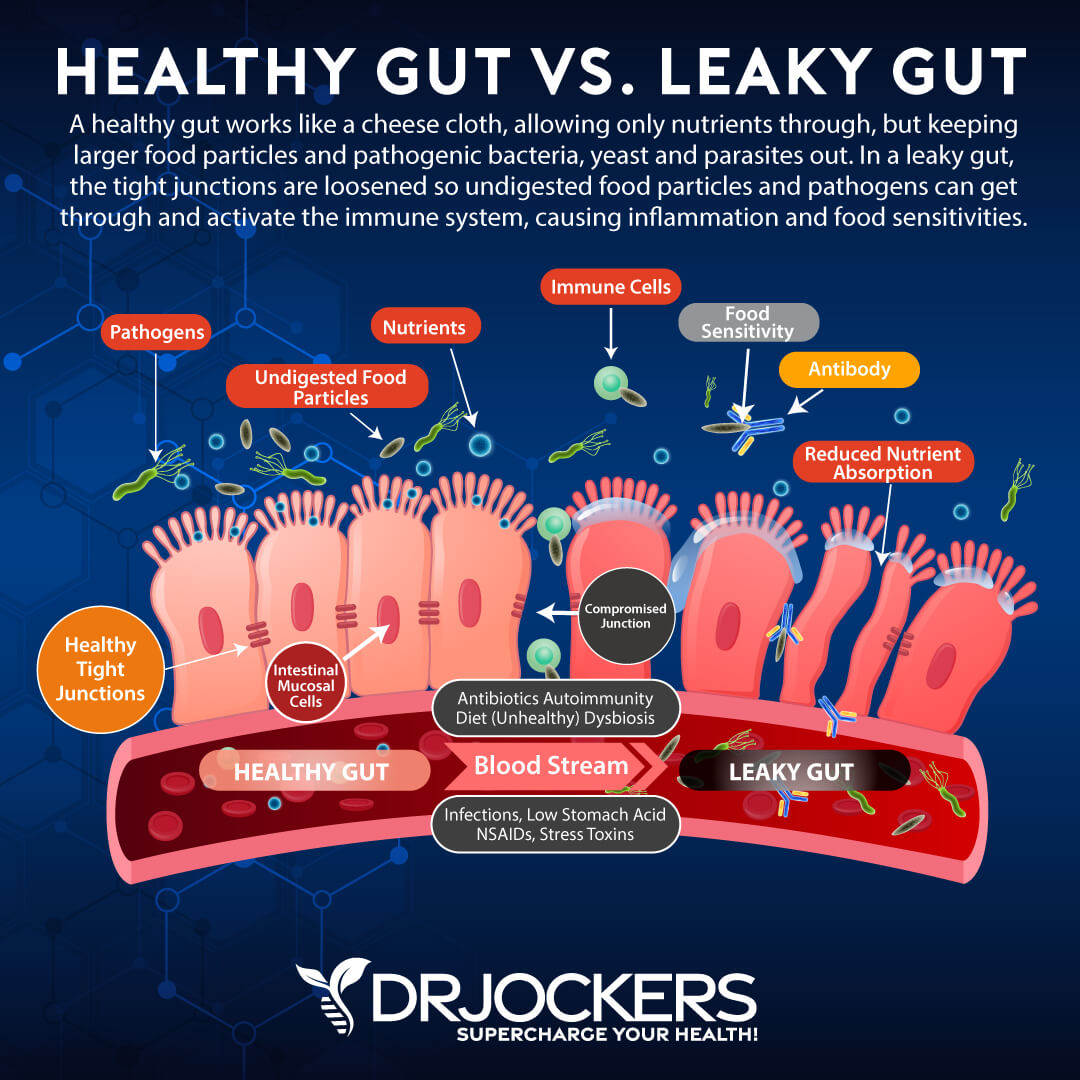
Mitochondrial Dysfunction:
Every cell of the body has mitochondria within it that produce energy for the cell. The mitochondria are the battery packs of the cell and they are extremely important. High levels of oxidative stress wear down the mitochondria and cause a dysfunctional state.
Mitochondria are one of the main cellular sources of reactive oxygen species (ROS) and reactive nitrogen species (RNS) and play a pivotal role in many neuro-pathological conditions. Mitochondrial dysfunction leading to excessive production of ROS and RNS plays a significant role in the pathogenesis of MS, particularly in the loss of myelin/oligodendrocyte complex (30, 31).
Supporting the mitochondria with clinically effective doses of mitochondrial nutrients such as CoQ10, L-carnitine, N-acetyl cysteine and lipoic acid has been shown to be extremely effective in improving mitochondrial health and MS (32, 33, 34).
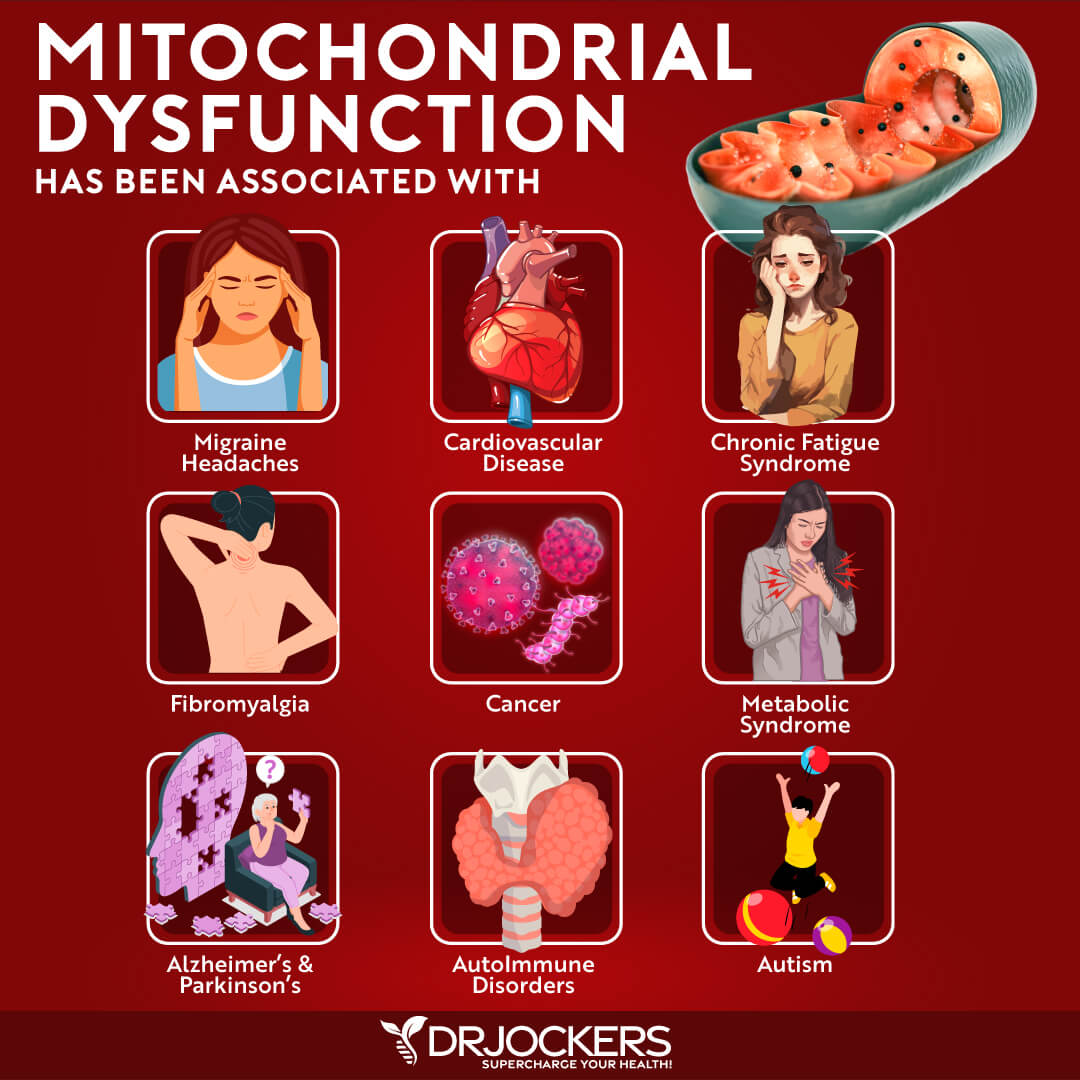
Glutathione Depletion and Nrf2:
In multiple sclerosis, the cells are under so much stress that their main protective shield, glutathione (GSH) gets worn down and oxidative stress damages the mitochondria and the DNA leading to cell death. Poor blood sugar control and high environmental toxin exposure are known to deplete glutathione levels and impair mitochondrial function (35, 36).
A key pathway that maintains cellular glutathione levels and the ability of the cell to adapt to stress is called Keap1-Nrf2. When this pathway breaks down it causes increased levels of oxidative stress within the cell that leads to glutathione depletion and mitochondrial dysfunction (37).
Anti-Inflammatory Diet & Lifestyle
Anti-inflammatory foods help to modulate the immune system and reduce inflammatory activity in the body. Great anti-inflammatory foods include healthy fats such as coconut products, avocados, olive oil, and grass-fed butter. It is also wise to consume berries & phytonutrient rich vegetables. Healthy meat sources such as grass-fed beef, wild game, wild salmon, organic poultry, and organic eggs are great if the gut can tolerate them.
It is advisable for anyone with chronic inflammation to include organic vegetable juices, fermented foods, and herbal teas in their diet. Homemade sauerkraut, apple cider vinegar, coconut water kefir, and kimchi are great. Begin with small doses of all of these and add more if you tolerate them well.
Organ meats such as grass-fed liver, heart, etc. are rich in mitochondrial support nutrients. Powerful herbs such as turmeric, ginger, garlic, onion, rosemary, thyme, cinnamon, & oregano among others should be used as much as possible to improve immune coordination.
Consuming lots of sulfur-based onions, garlic, and cruciferous veggies on a daily basis and getting high quality seaweed in the form of kelp can be extremely helpful. Using purified fish oils to boost omega-3 levels is also very important.
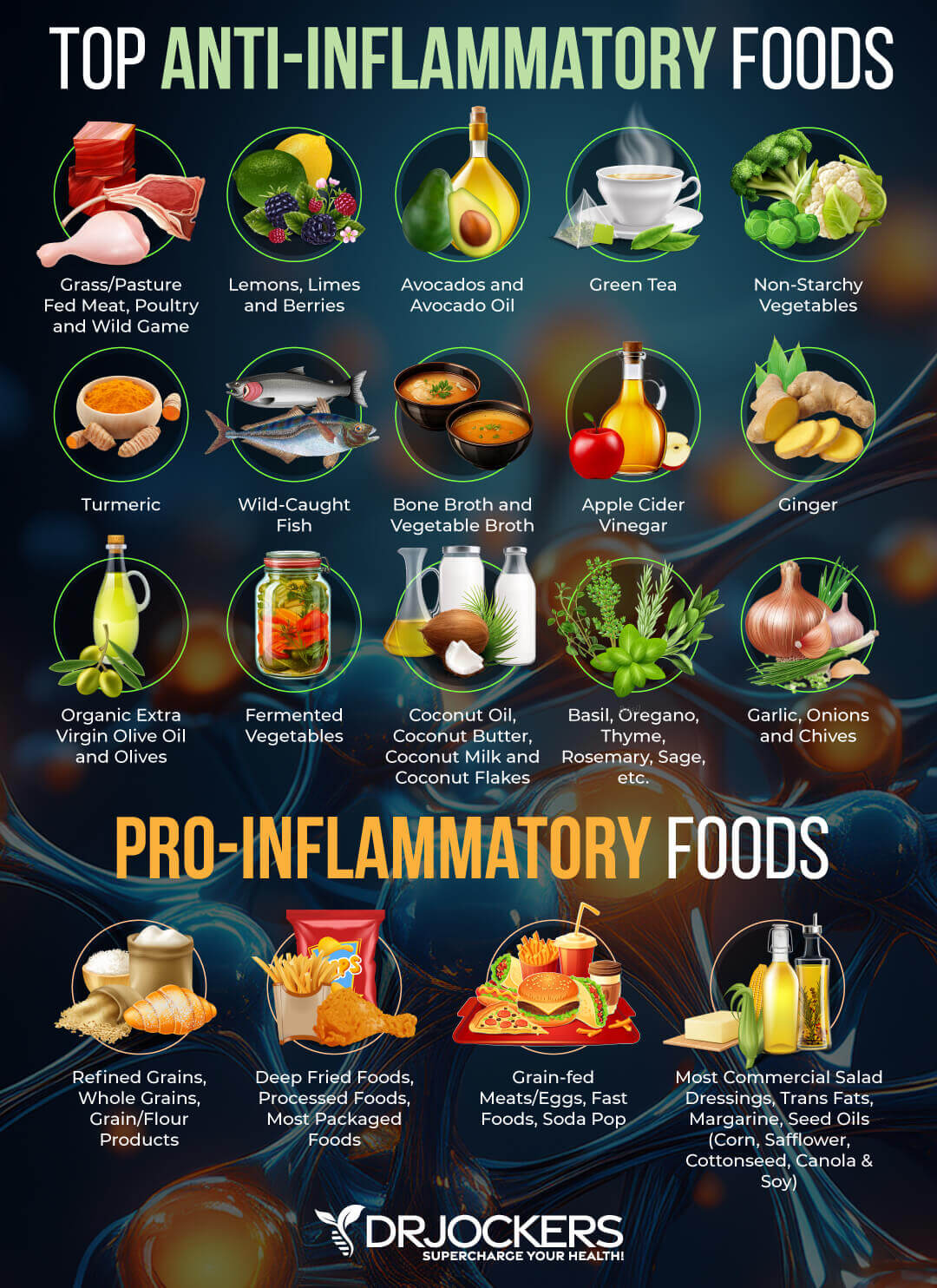
Upper Cervical Subluxation and Multiple Sclerosis:
People with MS are highly likely to have neurological dysfunction in their upper neck. Subluxation, or neurological interference, at the bottom of the skull, C1 & C2 alters blood supply, stress hormone release, and immune modulation throughout the body. Research has found this problem to be very common in MS patients (38)
Upper cervical subluxation leads to increased states of pain, fatigue, anxiety and accelerated stress as well as mal-coordinated immunity (39). Well trained chiropractors can analyze these regions of the spine and give specific corrective adjustments to restore balance and optimal neurological expression in these regions.
This reduces the stress response and improves endorphin release. This improves the individual’s pain levels, stress tolerance, immune function, and overall well-being (40).
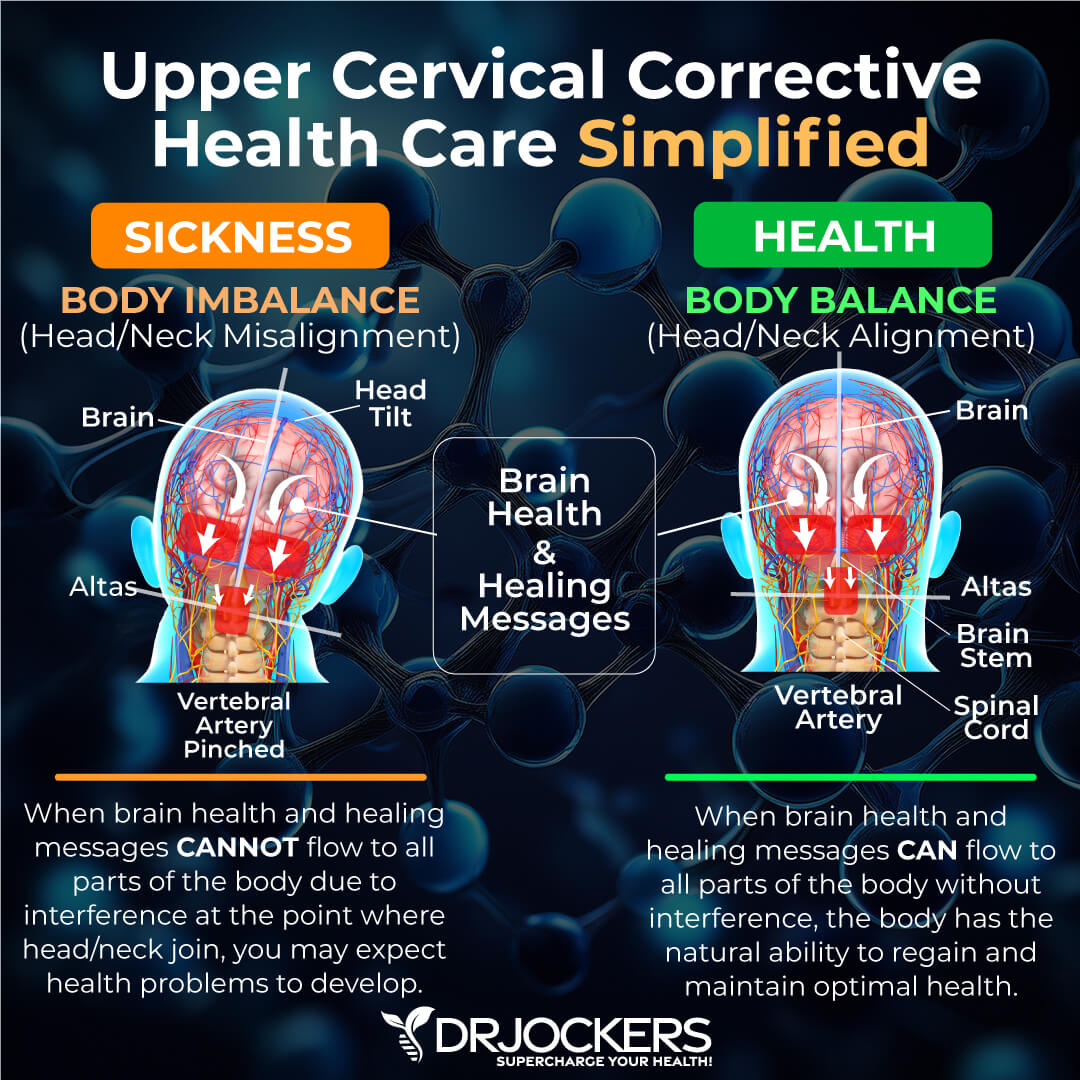
Top Immune Support Strategies
Here are the best action steps to get started with on your journey to improve your immune system. These strategies are not FDA approved at this time to prevent, mitigate, treat, or cure multiple sclerosis and should not be confused as such. You should always consult with your physician before stopping or changing medications or taking on new health strategies.
Additionally, you should be working with a functional health practitioner to help guide you through these strategies. This is not an exhaustive list and there are other natural therapeutic strategies that I and functional health practitioners will utilize to help individuals with Multiple Sclerosis.
Change Your Diet:
Eating an anti-inflammatory diet rich in nutrient-dense foods is the first best thing you can do to prevent brain degeneration and improve your brain health. First, eliminate all inflammatory foods, including refined sugar, gluten, refined oils, deep-fried and processed foods, conventional dairy, grain-fed meat and eggs, soda and sugary drinks, and foods that you are sensitive to.
Instead, I recommend eating an anti-inflammatory diet and loading up on greens, vegetables, low glycemic index fruits, herbs, spices, healthy fats, grass-fed meat, and wild-caught fish. I also recommend a ketogenic approach for individuals with neurodegenerative conditions.
Getting into ketosis will enhance mitochondrial function in the brain. Learn more about following a ketogenic nutrition plan here and avoid exposure to herbicides and pesticides by choosing organic food as much as possible.
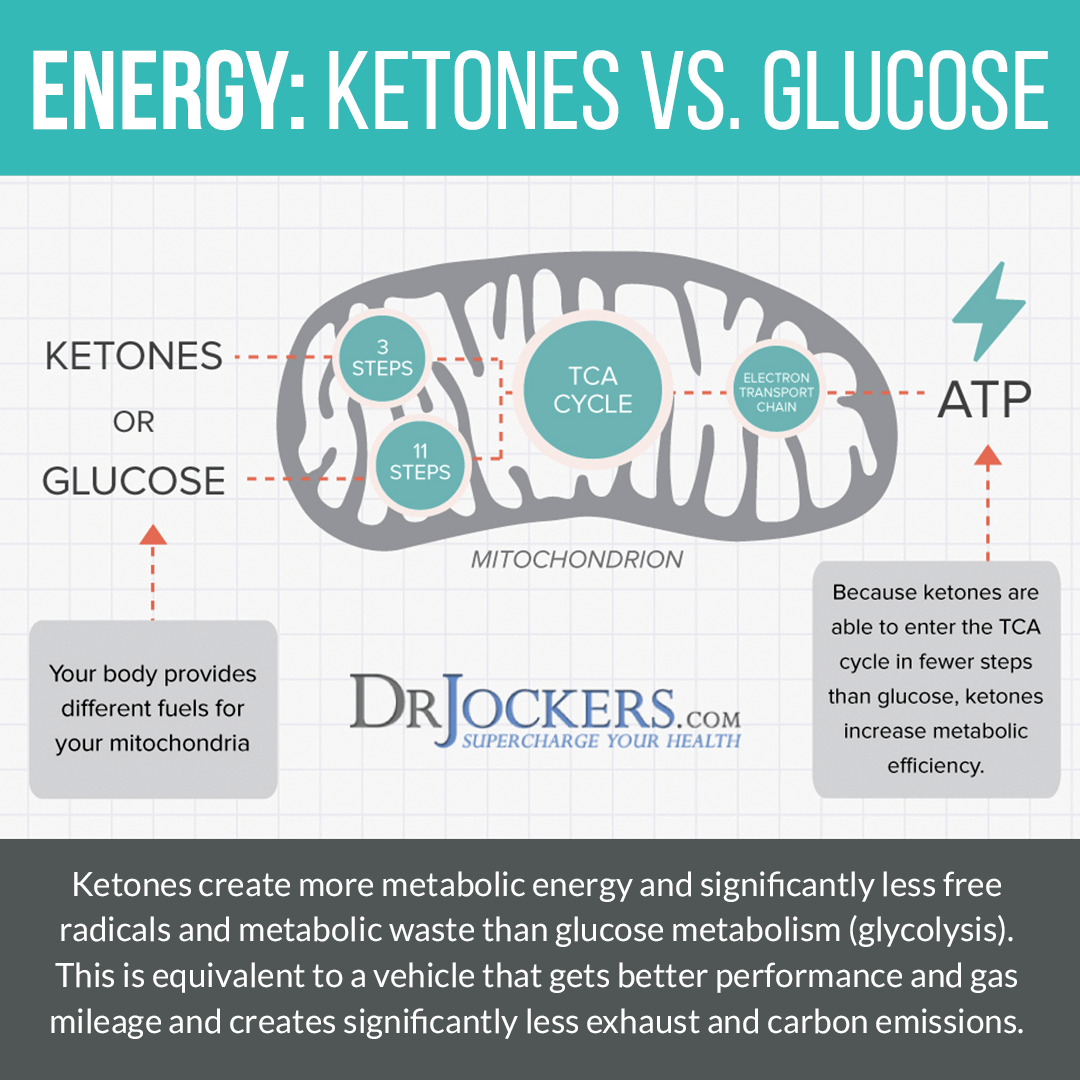
Test For Food Sensitivities:
Most people with autoimmune conditions have leaky gut and food sensitivities. These sensitivities can be hard to pinpoint as they result in delayed symptoms that are not life threatening.
The most common food sensitivities include gluten, corn, dairy, soy, peanuts, and sugar. Some other potential food sensitivities to consider include all grains, eggs, nuts, seeds, and nightshade vegetables (tomatoes, potatoes, peppers, and eggplant).
It can be helpful to do a 28-day elimination diet where you remove all of these and then slowly add these back in one at a time. You can also do both biofeedback and blood testing to determine what foods are causing stress in your system and an elimination diet to test how you are responding to eliminating certain foods for periods of time. You can also
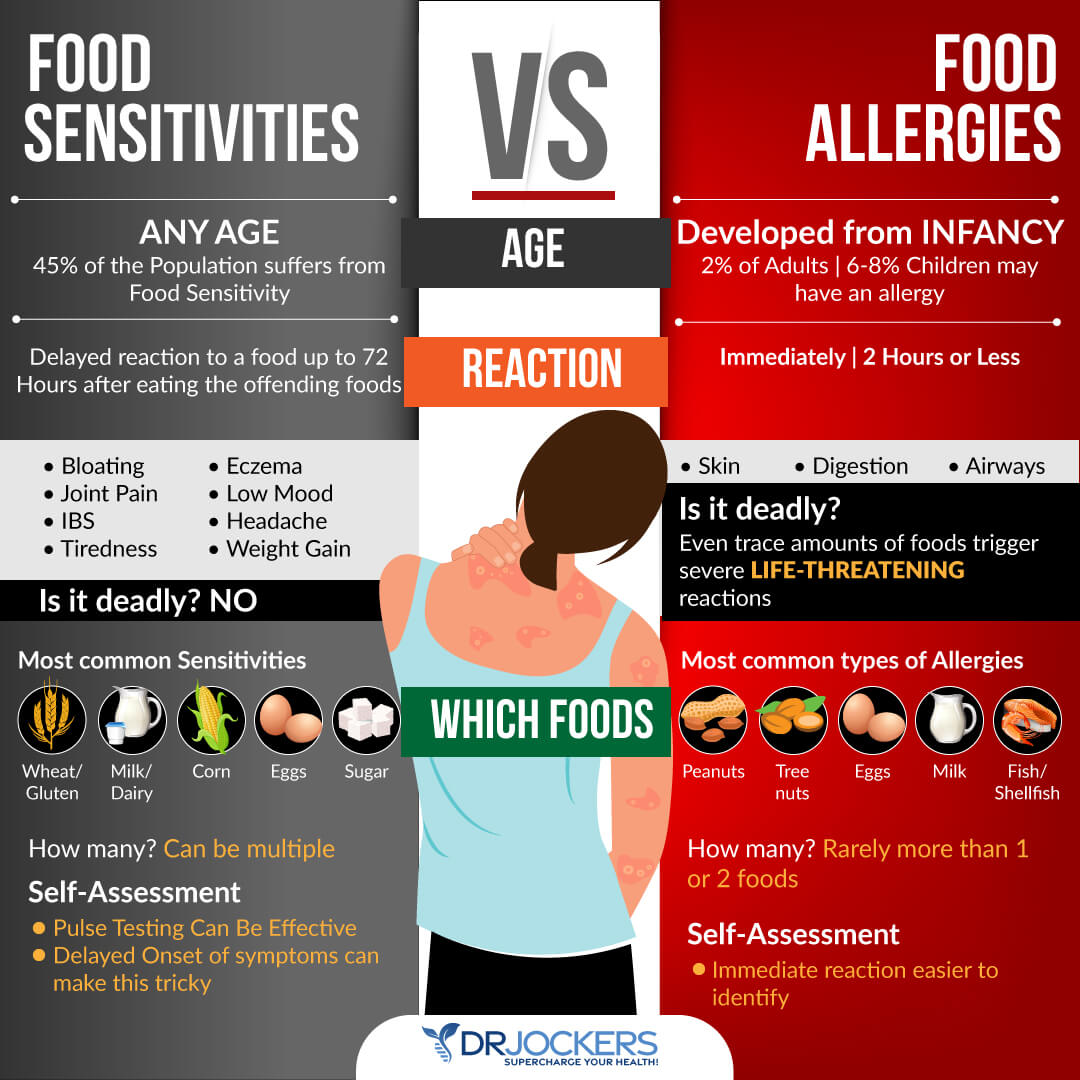
Reduce Stress:
Reducing stress is a critical for reducing inflammation and improving immune health. I recommend that you reduce stressors from your life as much as possible. Turn off the news, and only look at it once a day or a few times a week for a specific period. Reduce your social media use and time on the internet.
Avoid people and situations that bring you down. Surround yourself with loving and uplifting people. Engage in uplifting and relaxation-promoting activities. Read, try some arts and crafts, play cards or board games, sing, and dance.
Spend time in nature and do some grounding walking barefoot on grass. Practice daily gratitude and try positive affirmations. Practice self-love and laugh with friends and family. Meditate, pray, journal, and try daily breathwork. Be grateful and smile more.
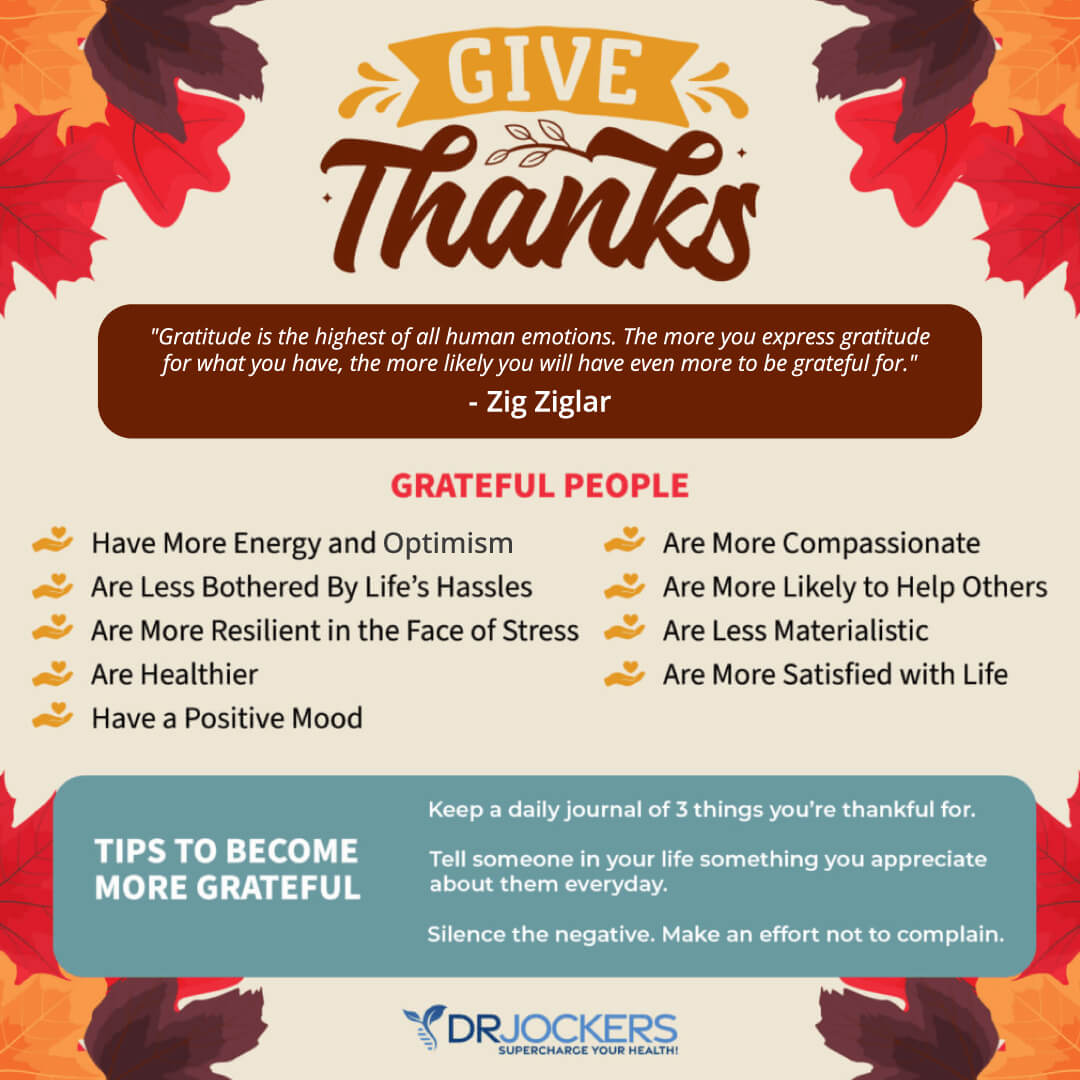
Improve Your Sleep:
Prioritizing good sleep is just as important as reducing your stress levels. Develop a regular schedule of going to bed and getting up at the same time every day to support your circadian rhythms.
Avoid electronics, sugar, caffeine, heavy foods, and stress close to the bed. Engage in relaxing activities, including stretching, relaxing baths, meditation, and prayer. Make sure that you have a supporting bed, pillow, and bedding, and sleep in a dark calming room

Power Up Your Nrf2 Pathway:
Nrf2 (NF-E2-related factor 2) is a transcription factor in humans encoded by a specific gene that regulates the expression of a set of antioxidant and detoxifying genes. This pathway is activated under times of oxidative stress to enhance the expression of a multitude of antioxidant and phase II liver detoxification enzymes that restore homeostasis to the ox/redox cycles in the body (41, 42, 43).
The Nrf2 pathway has been researched to be a key player in the development or prevention of neurodegeneration and autoimmune activity. Adding in clinical dosages of resveratrol, curcumin, quercetin, sulfuraphane and Green tea (EGCG) can be extraordinarily beneficial for driving up the Nrf2 Pathway.
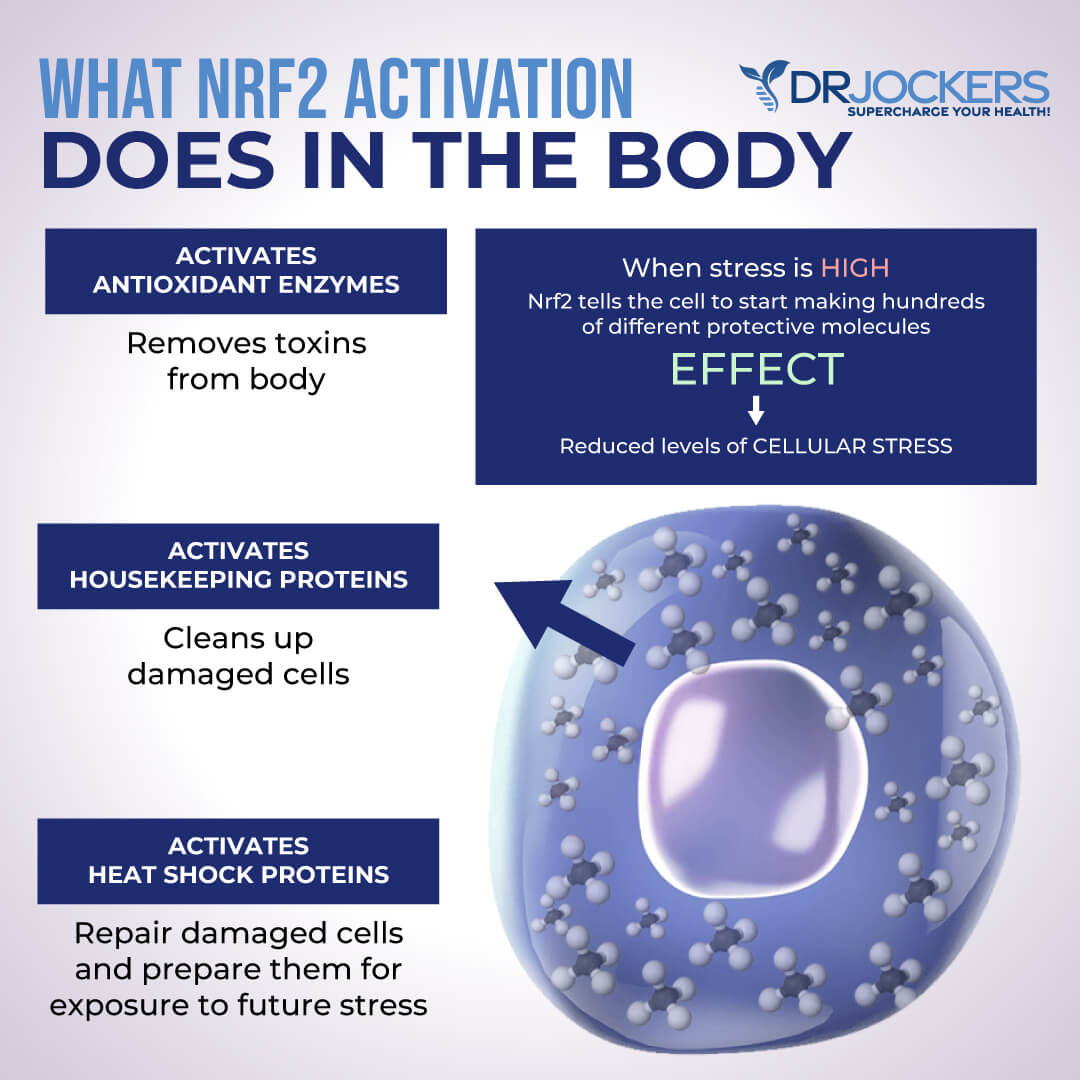
Include Magnesium & B Vitamin Rich Foods:
Magnesium helps to improve blood sugar signaling patterns and protects the blood-brain barrier. The best magnesium and B vitamin rich foods include dark green leafy veggies, avocados, grass-fed animal products, raw cacao, and pumpkin seeds.
You can also do Epsom salt baths to support your magnesium levels. It would also be wise to supplement with a good magnesium and B complex supplement. Look for magnesium L-threonate which is the best form of magnesium for crossing the blood-brain barrier.
When it comes to B vitamins, it is best to look for one with pre-activated forms such as methyl-folate, methyl-cobalamin (B12), Pyridoxal-5-Phosphate form of B6, and Riboflavin-5-phosphate form of vitamin B2. The methyl groups are in the active form and will be better utilized by the body.
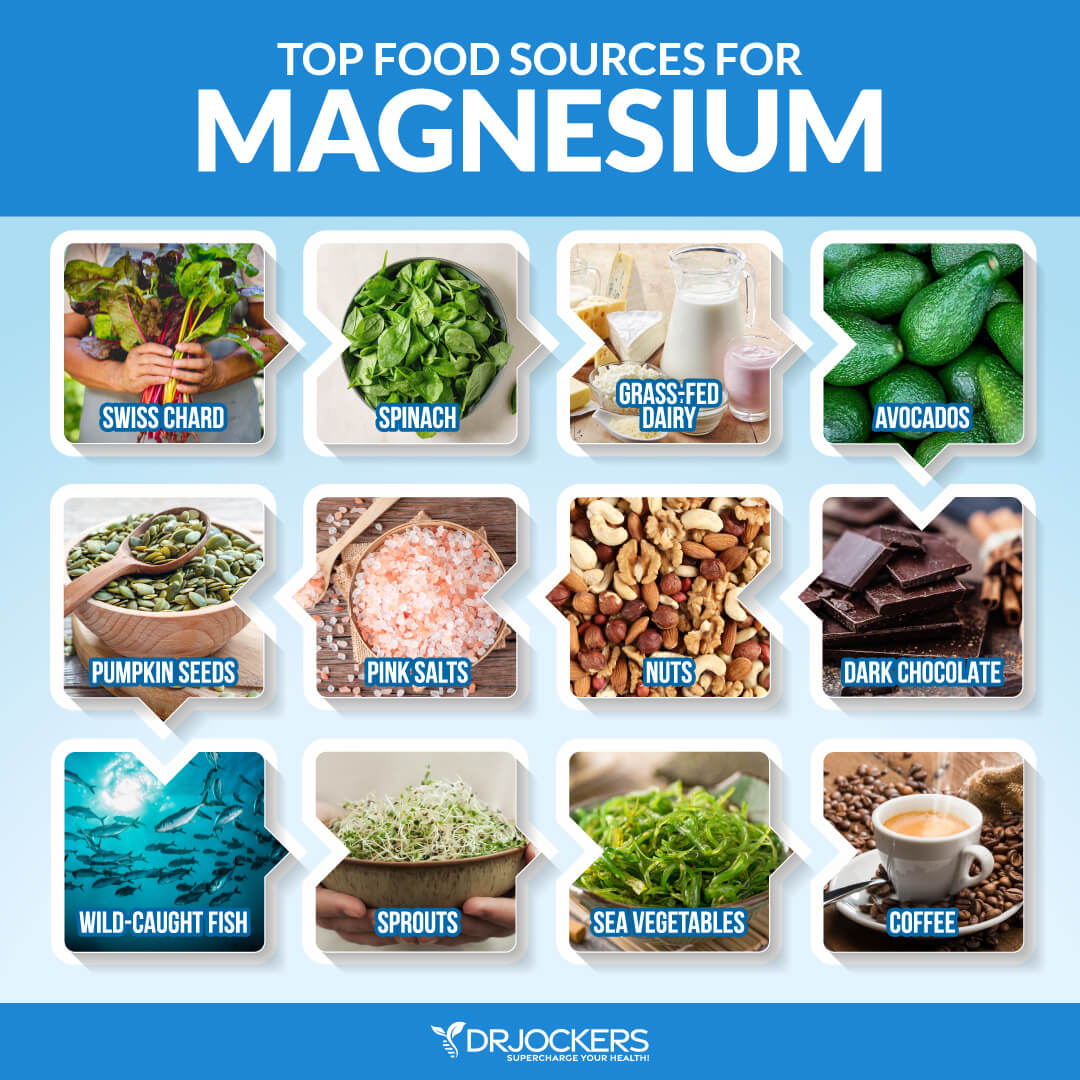
Focus on Deep Breathing:
Improving your posture, seeing a high-quality chiropractor, and optimizing your breathing patterns are highly recommended. Taking time to slow down your breathing and take long-deep breaths for a few minutes every hour will help reduce the sympathetic, fight or flight part of the nervous system.
The better we breathe, the better we will heal, and the more blood flow we will get into our brains. Follow these tips here to improve your breathing patterns.
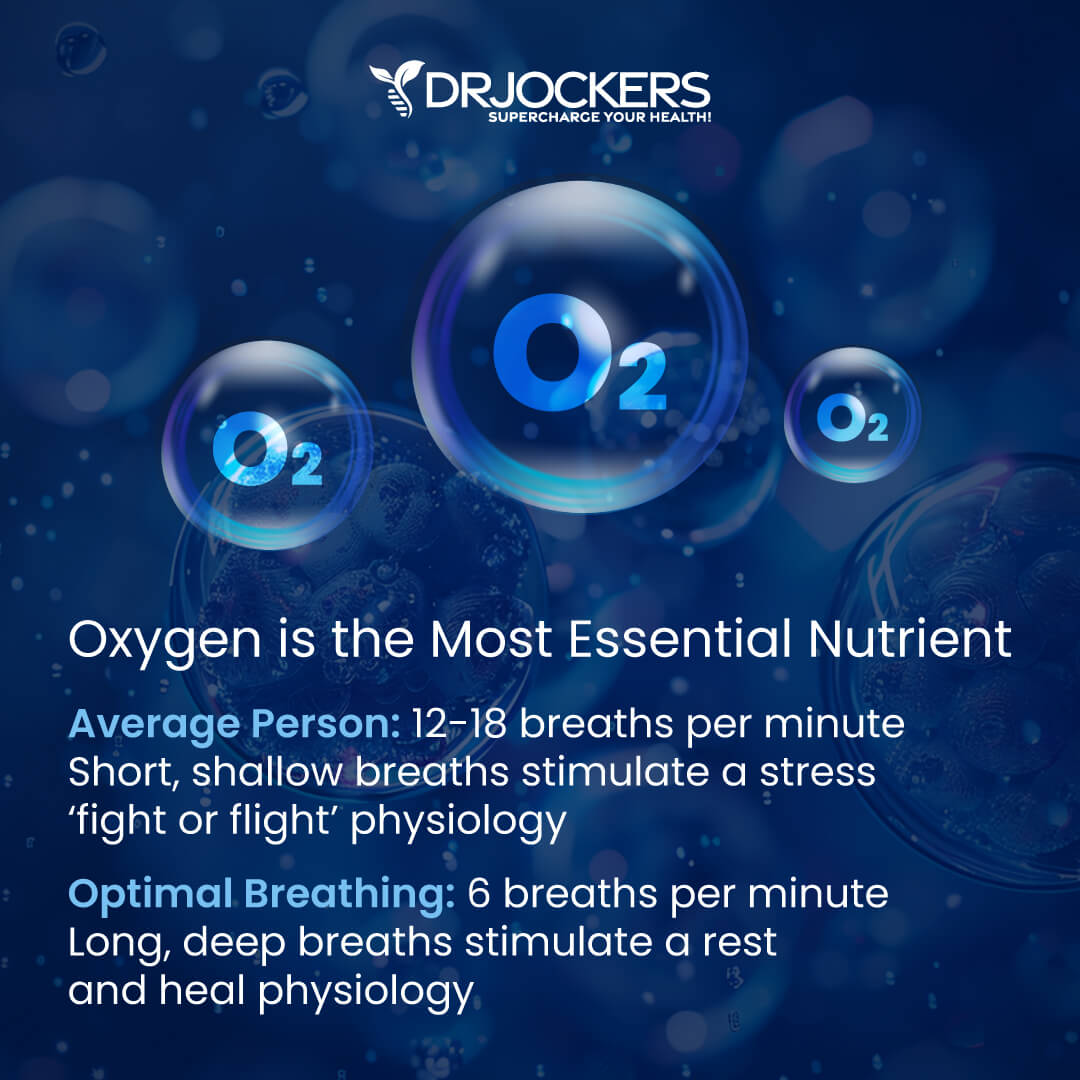
Use Antioxidant Rich Herbs:
Carminatives are herbs that help to improve digestive health by reducing pathogens in the gut, stimulating the production of stomach acid, bile, and pancreatic enzyme,s and modulating the gut microbiome.
Examples of these herbs include turmeric, ginger, oregano, garlic, basil, thyme and rosemary. These herbs help to improve digestion, reduce inflammation, and support a healthy brain. There are a number of ways to use these that I discuss in the following image. I like putting herbs on foods, using herbal teas, fermented foods, and essential oils.

Ground Your Body:
In our society, we are surrounded by toxic electromagnetic frequency (EMF’s). These EMF’s increase stress and inflammation within the body and can be a trigger for autoimmune activity in some individuals.
By going outside daily and walking barefoot on grass, dirt, or sand you absorb natural EMFs from the ground that balance your electrical rhythms. Follow the steps in this article here.

Supplement With Omega 3’s:
Omega 3 fatty acids and in particular the long chain variety EPA and DHA are critical for stabilizing blood sugar, reducing inflammation and autoimmunity improving myelin sheet health. Consume grass-fed meat, grass-fed butter, wild-caught fish, seafood, and spirulina to get it in your diet.
Plant based omega 3’s such as flax oil only contain the small chain omega 3 called ALA and do not have any DHA. It is very hard for our body to convert ALA into DHA so it is best to get a high quality fish or krill oil that is rich in EPA and DHA. You want to find a brand that is molecularly distilled to take out any heavy metals and other unwanted contaminants.
Be sure to discuss with your physician before using fish oils have a blood thinning effect and can be contraindicated if you are on blood thinning medications.
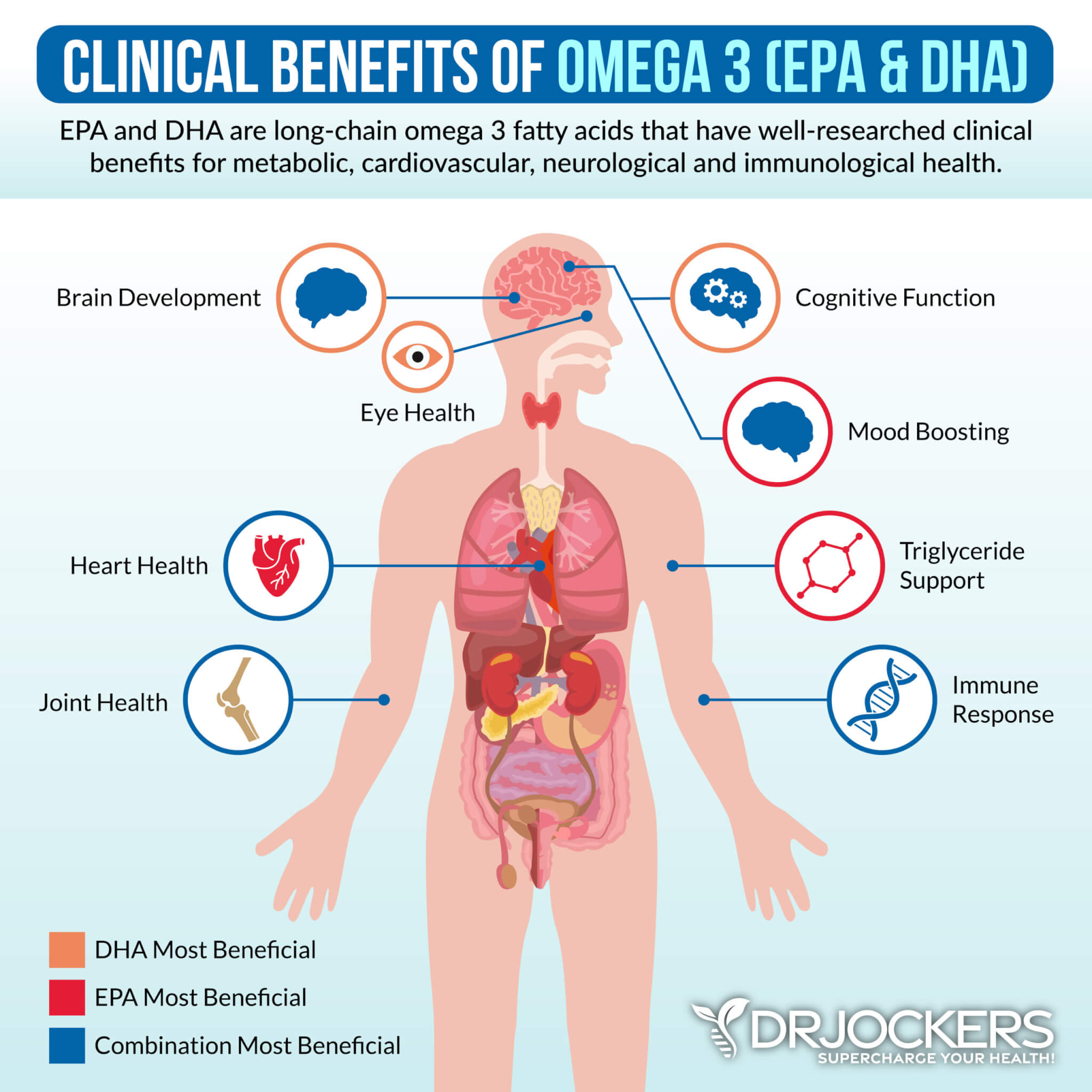
Improve Your Mitochondria:
The mitochondria are the energy powerhouses of every cell. When someone has an autoimmune disorder, it is a clinical sign that they have dysfunctional activity going on in the mitochondria.
Support your mitochondria with clinical doses of CoQ10, L-carnitine, N-acetyl cysteine, creatine monohydrate, B vitamins, magnesium, alpha lipoic acid, and D-ribose. You can find mitochondrial support supplements that have most if not all of these key nutrients.
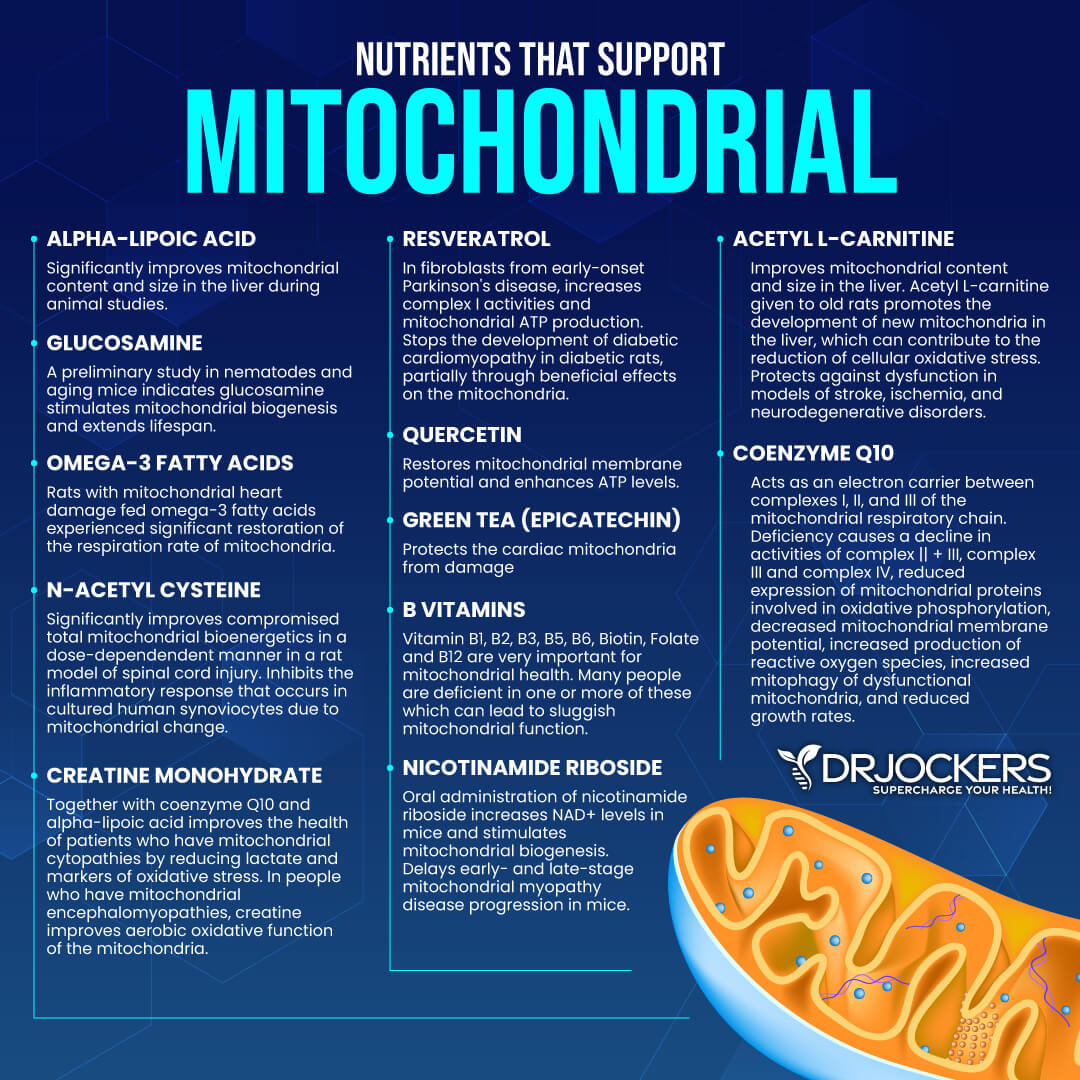
Intermittent Fasting:
Intermittent fasting is a form of fasting cycles between not eating (fasting) and eating (feasting) over a period of time. The benefits of intermittent fasting benefits include cellular repair, autophagy, immune regulation, inflammation levels, and insulin sensitivity.
It also helps to lower the risk of developing autoimmune and chronic inflammatory conditions such as multiple sclerosis. Going 16–18 hours between dinner and breakfast is one of the best ways to improve mitochondrial production. Your body improves energy efficiency by increasing and strengthening the mitochondria during periods of fasting. Consume your meals in a 6-8 hour window such as 11 AM–7 PMor 12–6 PM.
When you do this you enhance cellular healing and brain cell regeneration. One molecule that fasting increases is BDNF which enhances the growth and development of brain cells. To learn more about the benefits of intermittent fasting and best intermittent fasting practices, I recommend this article.

Optimize Your Vitamin D:
Low vitamin D3 is associated with neurological inflammation and neurodegenerative conditions. There are vitamin D receptors throughout the central nervous system and critical regions of the brain including the hippocampus.
Researchers have concluded that vitamin D activates and deactivates enzymes in the brain and cerebrospinal fluid that are involved in nerve growth, synaptic density, and neurotransmitter synthesis (44).
Vitamin D3 is also shown to boost glutathione production in the neuronal cells protecting them from damage inflicted by oxidative stress. Vitamin D also helps to modulate the immune system to reduce inflammation throughout the body (45).
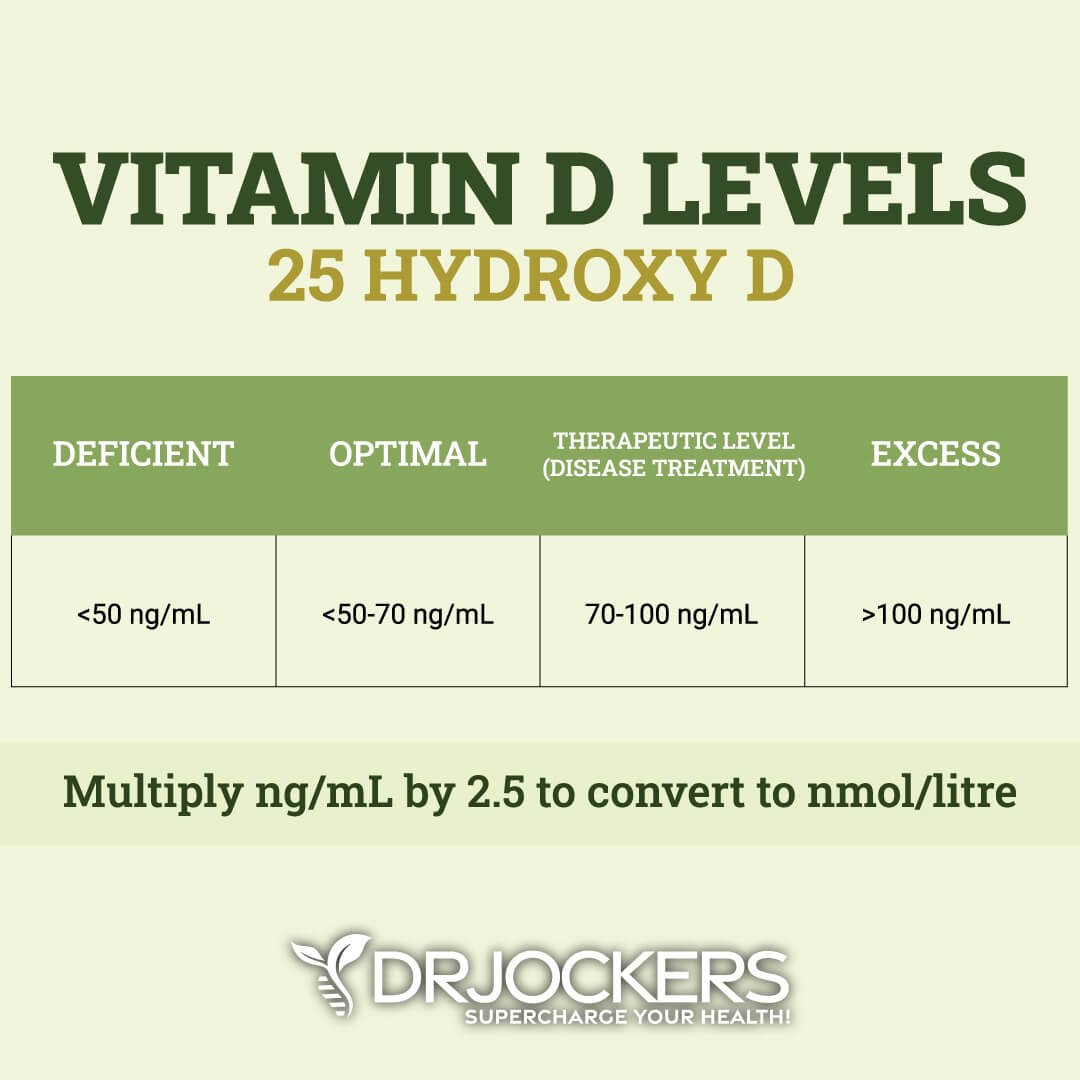
Support Gut Health
Your brain and gut are closely connected and supporting your gut is important for preventing and reducing brain degeneration. Make sure gut-friendly, anti-inflammatory, and nutrient-dense diet abundant in veggies, healthy fats, clean protein, and probiotic-rich foods, such as sauerkraut, kimchi, and kefir.
Additionally, I recommend taking a daily probiotic supplement. Probiotics help to optimize your gut health and improve your nutrient absorption while reducing gut-related inflammation. When gut inflammation goes down it also reduces inflammatory mediators in the brain.

Reduce Toxin Exposure
Reducing your toxic exposure is critical for improving liver function and reducing inflammation. Buy organic food as much as possible. Stop using conventional beauty, body, and household products, and replace them with organic, natural, or homemade alternatives.
Use glass, stainless steel, wood, and bamboo products instead of plastic. Spend time in nature and breathe in the fresh air. Use a good indoor air filtration system. Make sure that you drink clean, toxin-free water by using a high-quality reverse osmosis system. Add a slice of lime for some extra flavor.
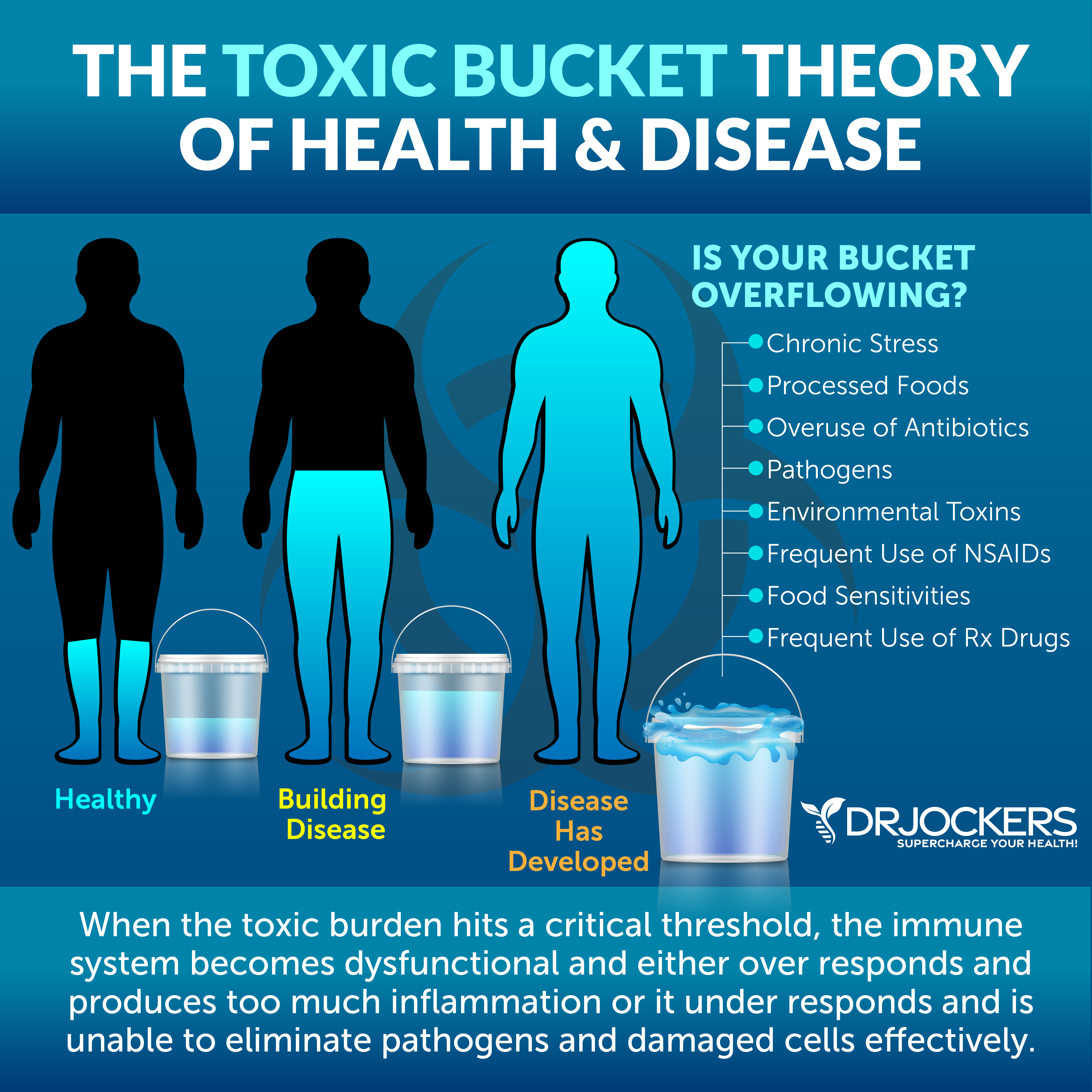
Support Detoxification Pathways
It is not enough to put good things into your body, you have to make sure that the bad things come out as well. Drink plenty of water to support detoxification through sweating and urine. Support your detoxification pathways to protect your body from brain inflammation.
I recommend using infrared saunas to promote detoxification through sweating. Try rebounding and dry-skin brushing to support your lymphatic pathways. Support two major detoxifying organs, your kidneys and liver with herbs like milk thistle, parsley, dandelion and bioactive carbons which can penetrate and remove toxins from deep within the tissues and cells.
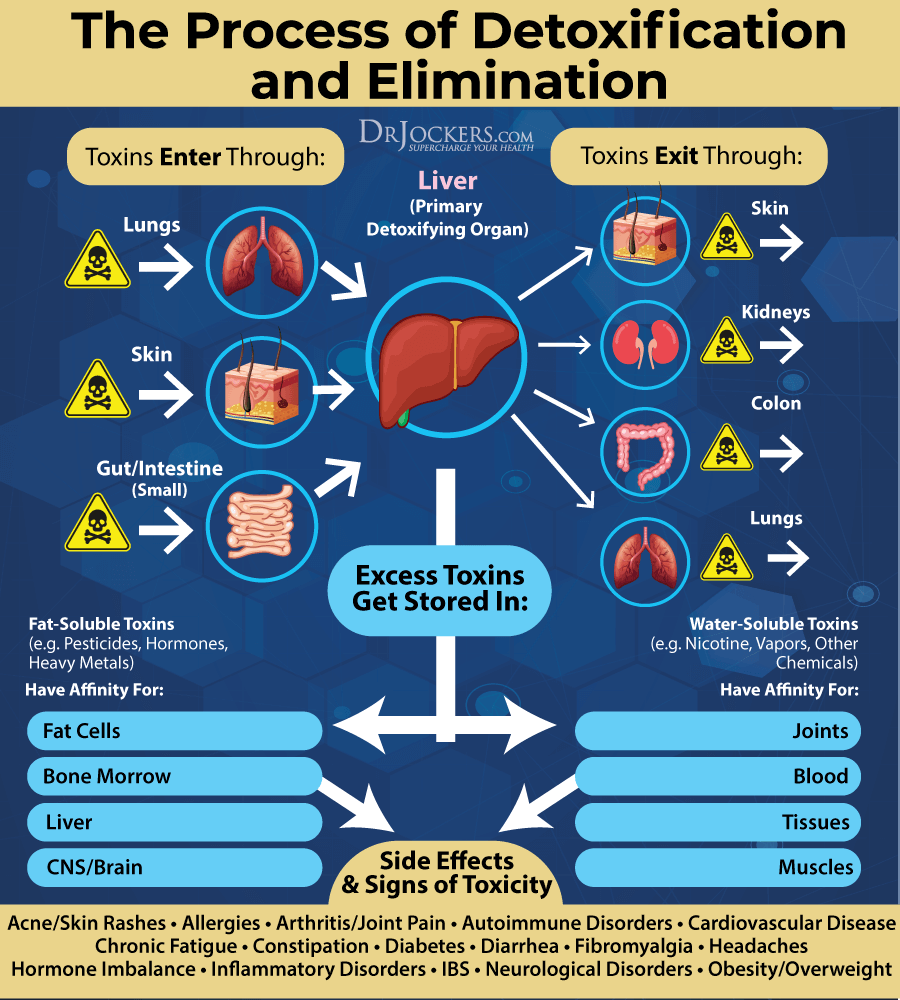
Final Thoughts
Multiple sclerosis is a serious issue that affects millions of people around the world. The symptoms of MS include fatigue, pain, muscle spasms, vision problems and mood changes. To protect yourself from chronic inflammatory and autoimmune conditions, follow the recommendations in this article. You may notice improvements not only in your cognition, mental sharpness, mood, and energy but also in your overall health.
If you want to work with a functional health coach, I recommend this article with tips on how to find a great coach. On our website, we offer long-distance functional health coaching programs. For further support with your health goals, just reach out—our fantastic coaches are here to support your journey.
Inflammation Crushing Ebundle
The Inflammation Crushing Ebundle is designed to help you improve your brain, liver, immune system and discover the healing strategies, foods and recipes to burn fat, reduce inflammation and Thrive in Life!
As a doctor of natural medicine, I have spent the past 20 years studying the best healing strategies and worked with hundreds of coaching clients, helping them overcome chronic health conditions and optimize their overall health.
In our Inflammation Crushing Ebundle, I have put together my very best strategies to reduce inflammation and optimize your healing potential. Take a look at what you will get inside these valuable guides below!
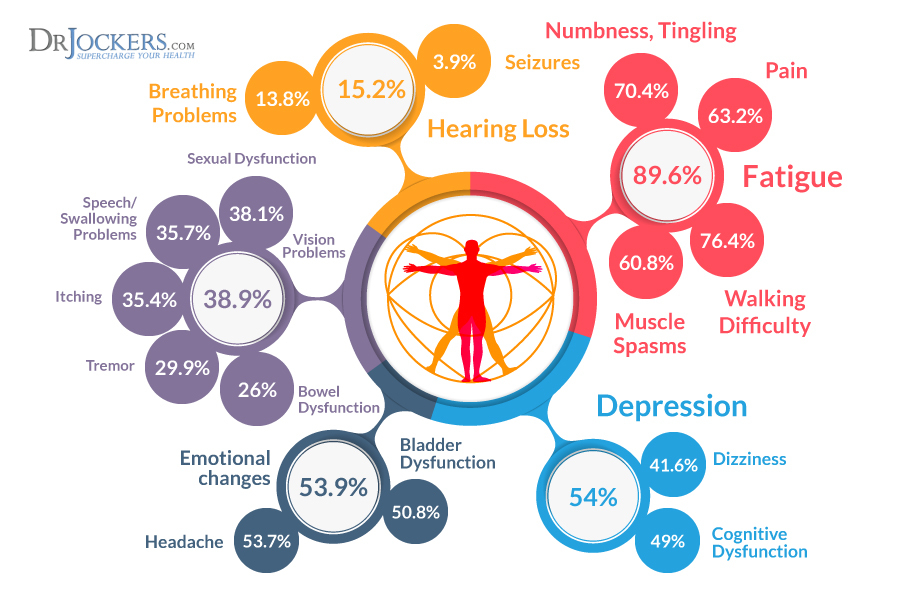
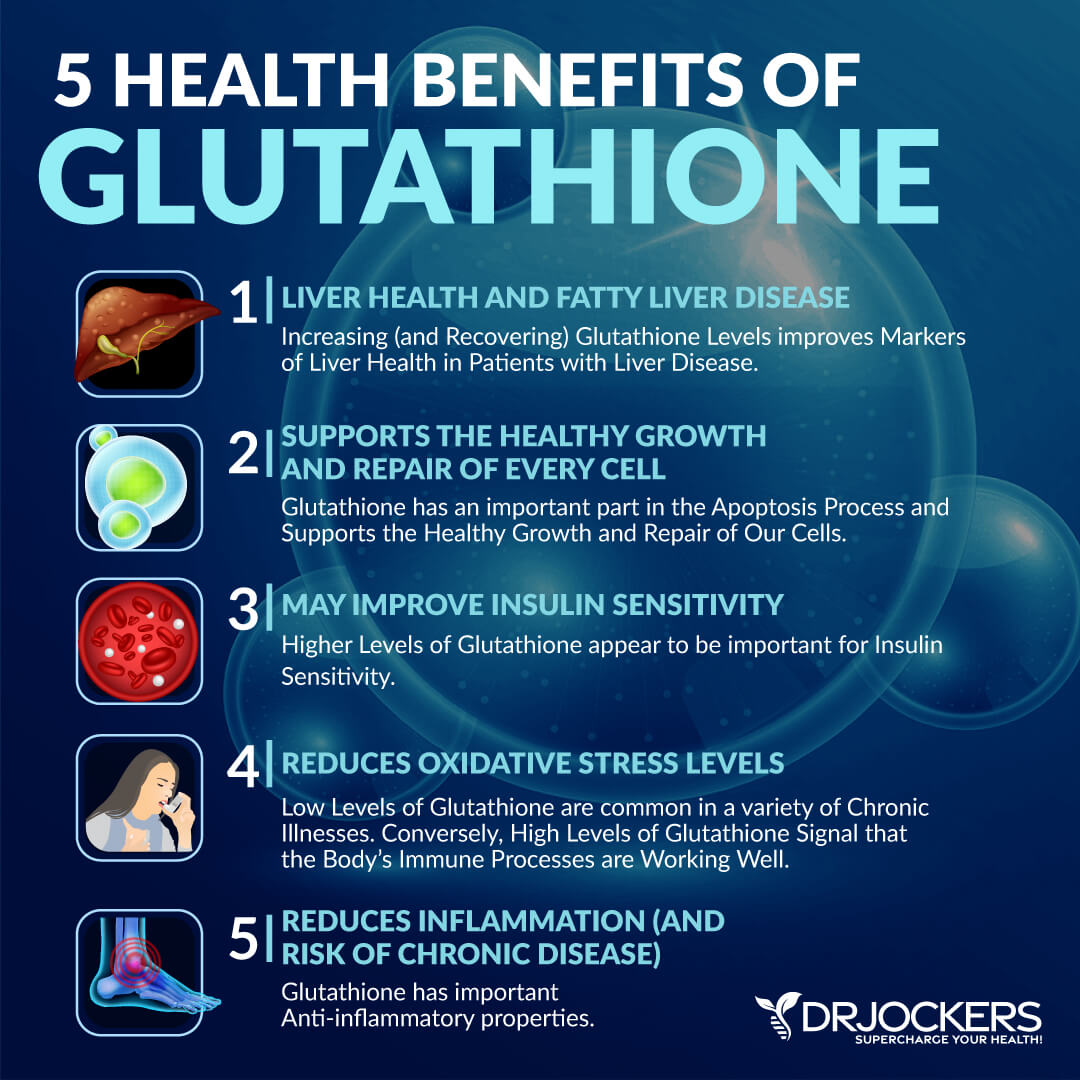




Dear Dr David
Wonderful information on MS. Yes, I completely agree to go for the measures suggested by you before going to stem cells therapy ( which is expensive & with complications). Conventional medicine is total failure here.
Dear Dr. Cannell,I am shaking with exnciemett as I read your blog today! I had autoimmune myelitis attack in 2007. I kept pushing and pushing for the why as I demanded every test in the book. It was only when a forward thinking rheumatologist decided to run my D level 17. This was back before anyone in the mainstream media had begun to pay attention to D. Thank you for the amazing work you do. Please keep the momentum going.Forever Grateful!
After an MRI in 2014, i was diagnosed of MULTIPLE SCLEROSIS. After years on medications, symptoms worsened with tremors on my right hand, numbness and tingling, muscle weakness and loss of speech. Fortunately last year, i learnt about RICH HERBS FOUNDATION and their successful Multiple Sclerosis alternative treatment (ww w. richherbsfoundation. com), the Multiple Sclerosis treatment made a great difference, most of my symptoms including tremors, weakness and others gradually disappeared. I improved greatly over the 6 months treatment, its been a years since the treatment, i have no symptoms. I have a very good quality of life and a great family!
Thanks for sharing Margaret! Praise the Lord for your recovery!!
Wow! Great to hear it. I have started having MS like symptoms 2 weeks ago and the tremors and tingling are frightening. I will look into the resource you mentioned. I have already managed my IBD and fatigue naturally the past 17 years and I’m at a loss as how I have managed to develop MS other than I have had a lot of childhood trauma and a lot of stress lately and toxic people whom I cut out recently. I eat super healthy biodynamic and organic foods, take supplement and practice Reiki and EFT. To say that I’m devastated is an understatement.
Thank you Margaret. I have just been diagnosed with this. It was the numb lower lip and chin that lead me down this unfortunate path.
What’s weird is I’m only 62.
I refuse all allopathic care and will try these herbs. I have found Frankincense is doing a great job allowing me to deal with the numbness and tingling.
I will also follow Dr. Jockers recommendations also.
Thank you for such a great article! I have been following you for years! I have developed MS like symptoms two weeks ago and waiting to see a neurologist. (I much prefer treating diseases the natural way.) I just had a feeling that you would have great info on this topic so Googled it and here I am!
Hello Kati, sorry to hear about this. One thing to consider as well is mold/mycotoxin exposure: https://drjockers.com/mold-toxicity/
Dr. Jockers, I’m interested to know how to take the Frankincense orally. Should I put it in a capsule or just mix it with some distilled water?